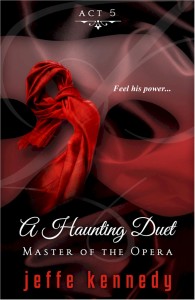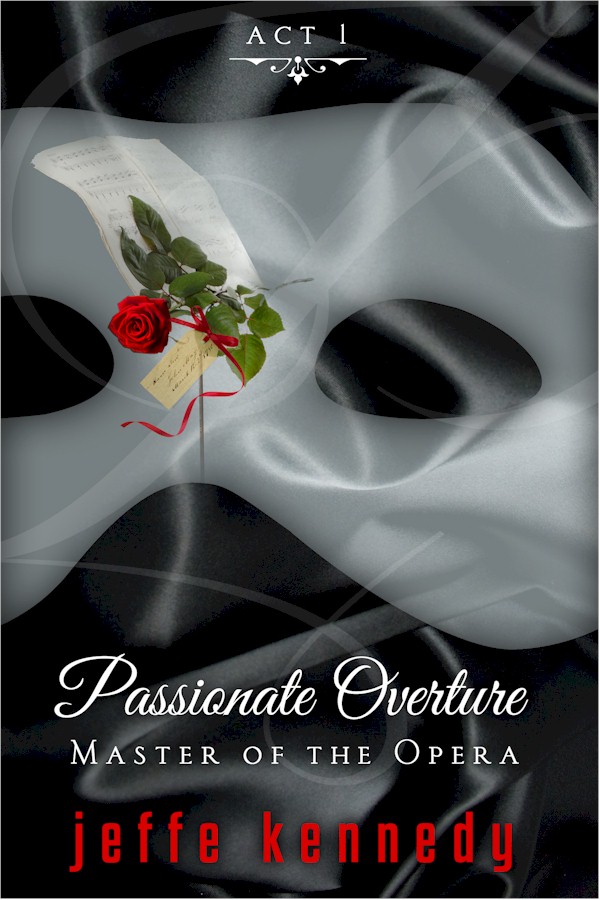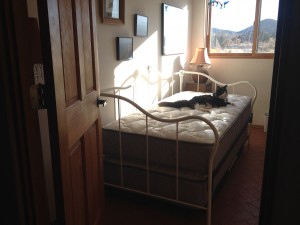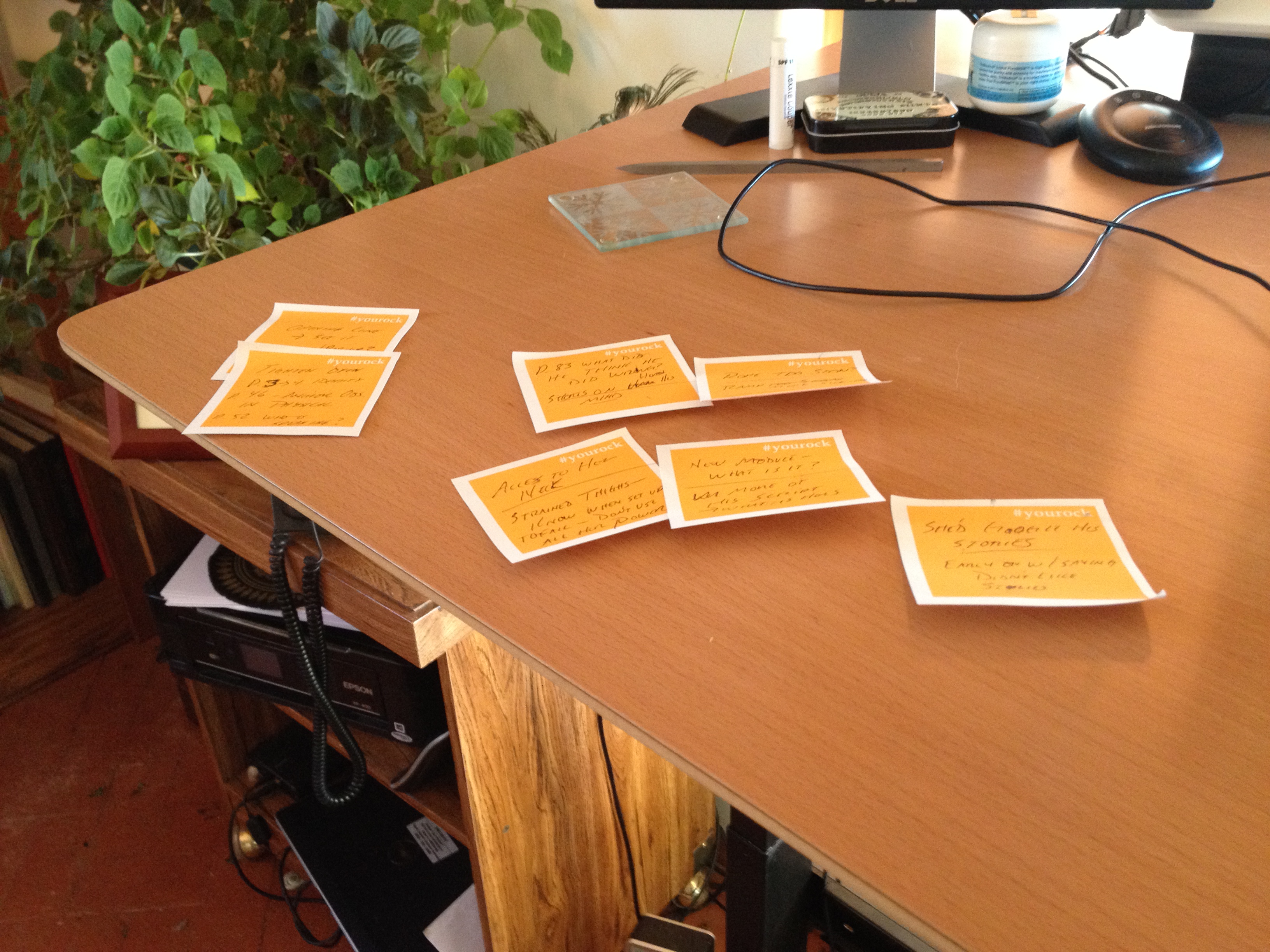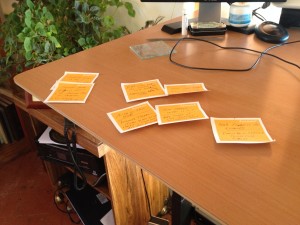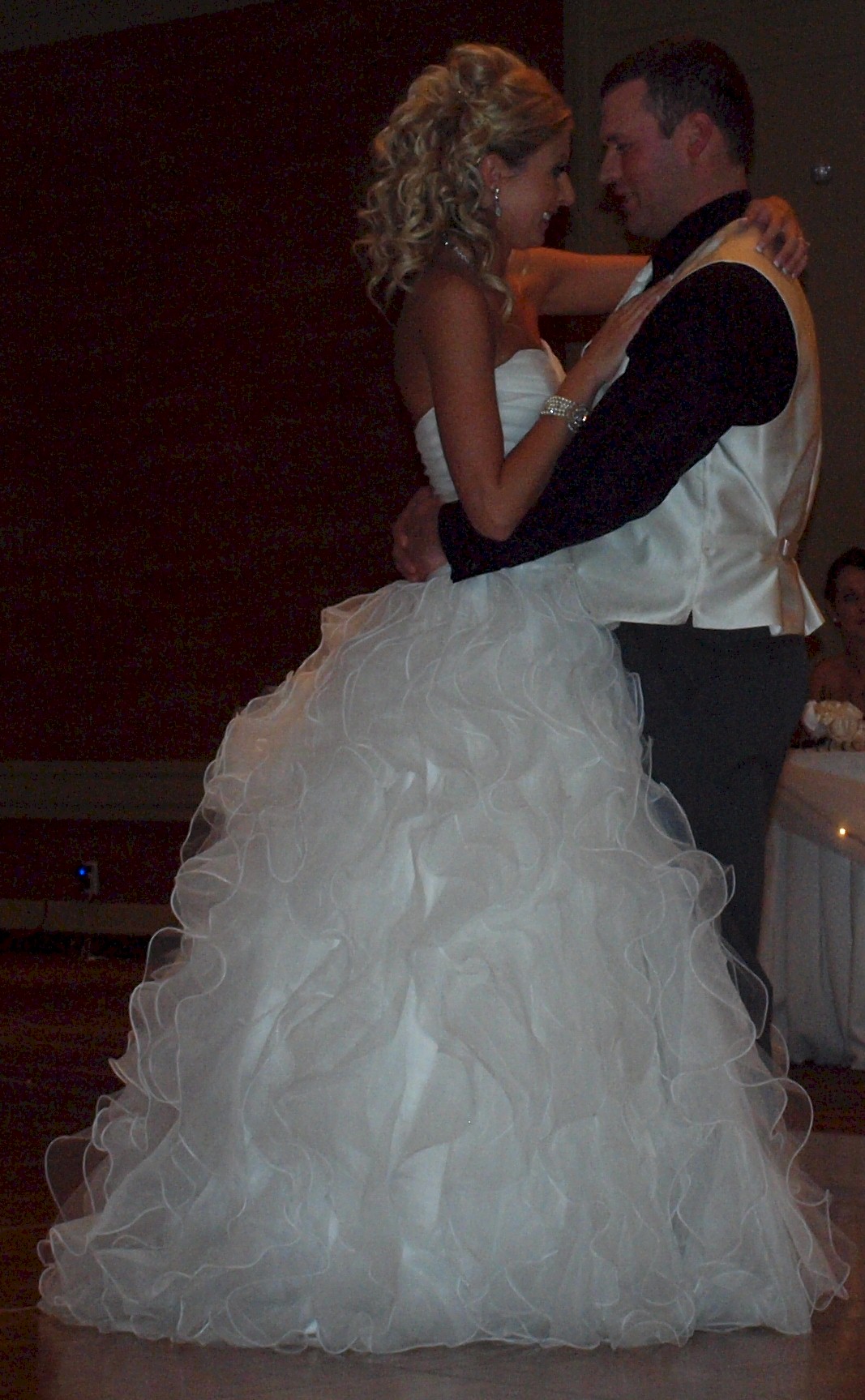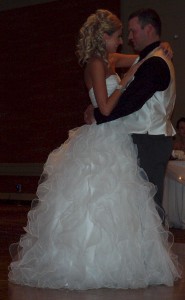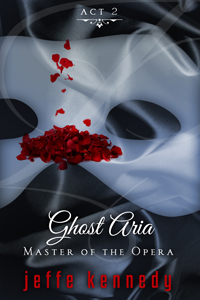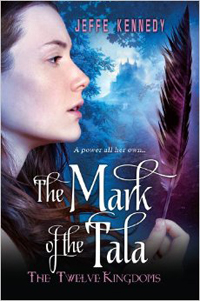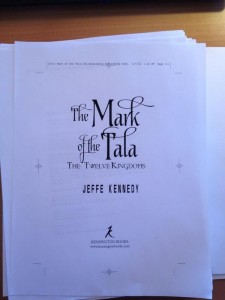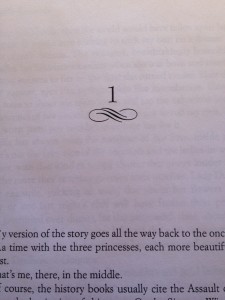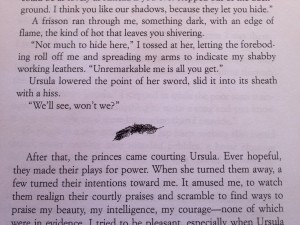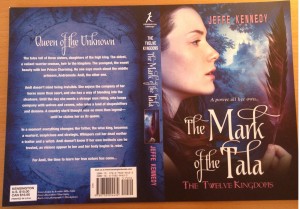 For those who don’t know, that’s the Lyman Whitaker sculpture I bought with my first advance money last summer. Looks so awesome, particularly at sunrise.
For those who don’t know, that’s the Lyman Whitaker sculpture I bought with my first advance money last summer. Looks so awesome, particularly at sunrise.
And every time I see it, I feel a dual thrill of pleasure – in the beauty of the piece and in my own accomplishment.
At the time, I wrestled with whether to spend some of that money on a fun thing. Then, when I decided I should, it came down to one of these Wind Sculptures or a hot tub. I’m glad I chose the sculpture for this very reason, one that I didn’t consider. Seeing it every day reminds me of the work I put in to reach my goals and is a tangible, beautiful icon of that success.
So important, for all of us.
Because the publishing industry is a difficult one. There’s no doubt of this.
Yesterday I saw this article and tweeted a link to it, joking that the title should be “Authors Not Satisfied by Anything, Ever.” It’s one of those not-so-funny jokes, because the results show that, even after reaching some publishing goals, things aren’t all wine and roses for authors.
Lately I’ve been in the position of giving advice to aspiring authors. Just my karma? Perhaps. I participated in a panel (which I set up for my local chapter, but didn’t intend to be as advice-giving as it turned out), a couple of writers have emailed me for advice and I had dinner with a couple of my pre-pubbed local chapter gals.
One of the gals who emailed me asked about following up with an editor. She finished her email with: Gah! I hate waiting. Please tell me it gets easier?
I wish I could have. Of course, not to pull a Bill Clinton, it depends on what “it” refers to.
Does the waiting get easier? Yes, in many ways it does. Because, as I told this gal, experience helps your expectations align with reality. So when my New York editor says “I’ll send that next week,” I know full well it might not arrive for three weeks. That’s just par for the course. Also, I count on waiting times in ways I didn’t before, because I have so much more going on. For example, I sent book 2 of a trilogy to my New York editor by the 11/1 deadline and he recently confessed he hasn’t read it yet. Do I care?
Nooooooo……
Because I can’t possibly do developmental edits right now! In fact, I’m kind of banking on him not getting an edit letter back to me before mid-March. (Hear that, Peter? :D)
But, if I were, like the gal who emailed me, really waiting on those edits so I could get that going, I wouldn’t feel the same way. So, yes, Rhenna, in that way it does get easier.
Other things get easier, too. Once of the gals I had dinner with complained about how established and big ticket authors send in manuscripts that are riddled with errors (LKH – we’re looking at you), or that need extensive editing, while aspiring authors have to have every damn thing absolutely perfect, just to get in the door. She called it unfair.
I explained that it’s a test.
Is this a real phenomenon? Sure it is. But the reason is not to conspire against newbie authors. It’s because those established authors have a reputation and a loyal readership. The publisher knows what the author is capable of. Nobody asks me to do a revise and resubmit any more, because my editors have worked with me on several books and *know* how I’ll treat edits. They trust me. In fact, I can sell on ideas now, because they are familiar with my style and how I’ll go from idea to finished book.
Is this easier for me? Yes yes yes! It’s a great luxury for me and, believe me, I relish it. SO MUCH EASIER.
But it’s because I did the work to get there. With a brand new author, nobody knows how he or she will accept edits. Nobody knows if she can write that sequel by a deadline or if he can handle copy edits without pitching a creative tantrum. So, of course, they want it As Perfect As Possible. Just in case that’s as good as it gets.
That makes it much more difficult for aspiring authors, yes. The good news is, that’s part of doing the work. That’s learning important skills that will make it much easier down the road.
So, with a nod to Dan Savage and not to downplay the very important message of the It Gets Better campaign, yes.
It gets easier.
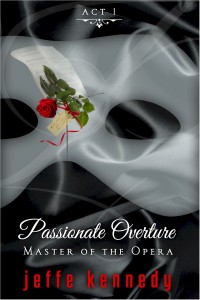 Lots of exciting news to share today! First of all, Act 1 of Master of the Opera, Passionate Overture, is FREE everywhere!
Lots of exciting news to share today! First of all, Act 1 of Master of the Opera, Passionate Overture, is FREE everywhere! 
